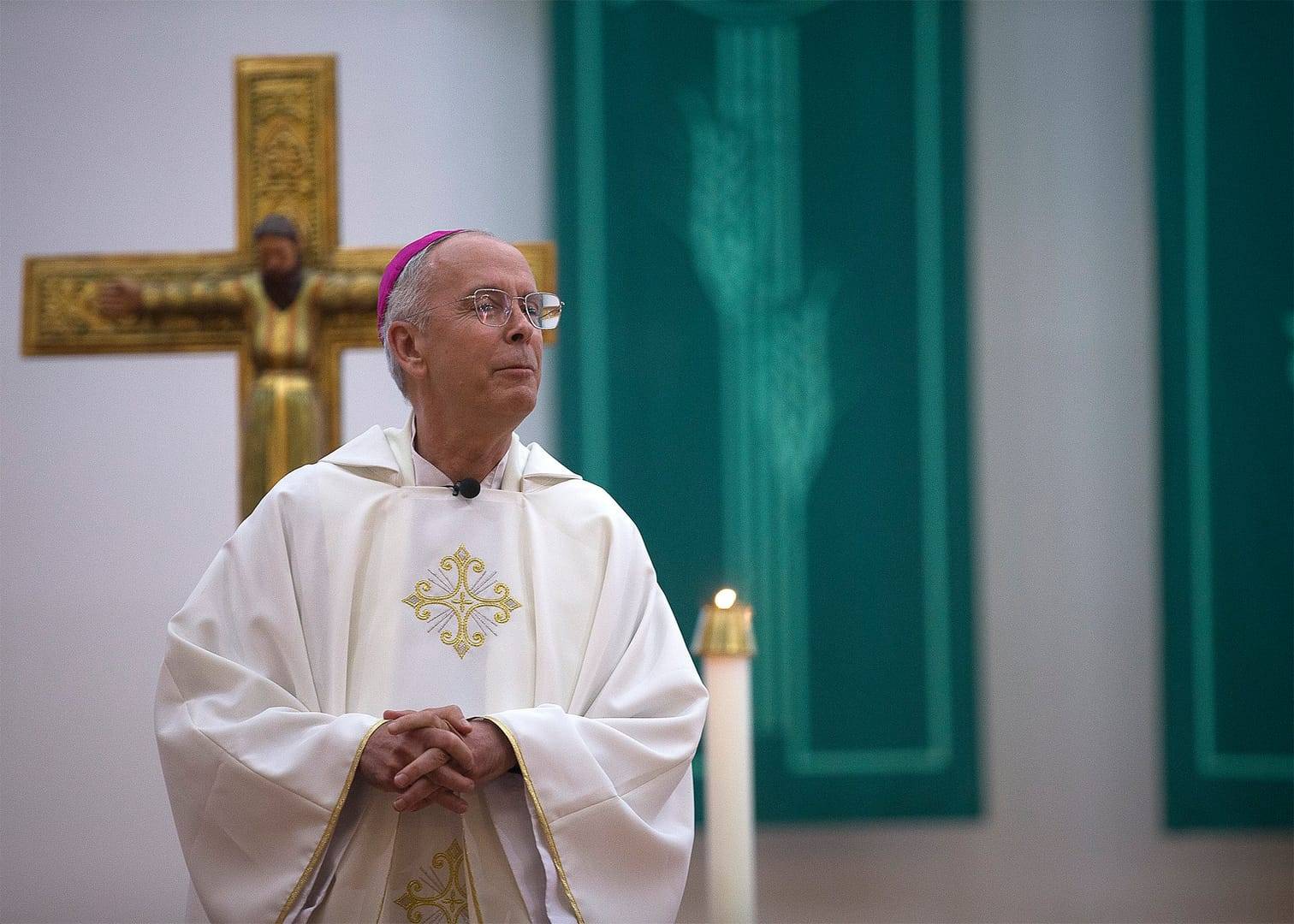NEW YORK — A new study shows that as millennials are approaching age 40, their family life radically differs from past generations, a reality that Catholic leaders and scholars say present particular challenges for passing on the faith and for building Catholic community.
An analysis released last month by the Pew Research Center of new government data reveals that millennials are slower than previous generations in building their own households, with most choosing to delay marriage and childbearing.
Among the summary findings, Pew found that only three-in-ten millennials live with a spouse and their own child, which is a dramatic decline from previous generations. Further, more than half of millennials are not married and those that do get married, do so much later in life. The analysis also found that millennial women are less likely to give birth, compared to previous generations, although they noted that those who are mothers aren’t necessarily having fewer children.
According to Christian Smith, professor of Sociology at the University of Notre Dame and the Director of the Global Religion Research Initiative (GRRI), “the Catholic millennials look pretty much just like the rest of the millennials. They don’t really differ that much.”
“American religion and American family are closely connected,” he told Crux. “If people are not engaging in family formation, if they’re delaying that or never having families, they’re going to be much less likely to be involved in the Church.”
“All of these social changes are connected to a weakening of parish life,” he added, ultimately undermining it.
“Parishes are based on rootedness, a sense of place, continuity and community,” Smith continued. “What the Pew report shows, and I think is right, is that increasingly and generationally, that stuff is eroding away. There’s more transience, less commitment, and that leads to less rootedness.”
While Smith said that parishes can adapt to this new reality, he said that it still requires a “core group of people” who are willing to stay rooted and offer the typical services of a parish. “That can’t happen if everyone is transient,” he warned.
“When you think about what makes a strong parish, there’s a strong community, there’s intergenerational connection, people know each other for a long time and they have an emotional connection to their parish not just a formal one,” Smith said. “I think all of this is progressively eroding.”
In his own experience, Smith says that he believes that most Church leaders, as well as those in the pews, are aware of this new reality, but that the demographic and cultural forces have “the momentum of decades,” driven by economic and technological changes that make this an uphill battle.
While new programming can be one solution, he said the ultimate factor will be parents who are intentionally involved in the formation of their children and who “model what they want their children to practice.”
“Without that, no other program or anything is going to make a difference. The crucial actor is the parents,” he said. “If you find committed strong Catholic kids, you’re almost going to certainly find they had parents that were really invested, that made this a priority, and it carried on to the next generation.”
Jason Kidd, the director of the Marriage and Family Life Office for the Archdiocese of Portland in Oregon, echoed Smith’s words saying that the Pew analysis of millennials rings true of Catholic millennials, as well.
“That’s the case across the board,” he told Crux, noting that from his own experience of working in both youth ministry and doing marriage preparation, “marriage tends to be the cherry on top after you get everything else established.”
Citing his own experience of living in Portland, which has become a haven for young people in recent decades, he joked that “all these young people move here to retire,” meaning that marriage and family life are secondary factors.
When it comes to connecting young people to a parish, he said that better programming is, of course, always desired but ultimately it comes down to relationships.
“In some ways we’ve overcomplicated it,” he observed. “There’s a whole lot of programming that I’ve done, but in some ways it goes back to Jesus who hung out with a group of guys, went camping and fishing, and shared life together.”
He told Crux that if young people feel like those authentic connections are available at a parish, young people will be more inclined to stay, invest, and from there, perhaps consider pursuing the Catholic vision of marriage and family life.
Sister Patricia Wittberg, a Sister of Charity and a research associate at Center for Applied Research in the Apostolate (CARA), concurred with both Kidd and Smith that the Pew data is reflective of that of the Catholics, but cautioned that most data is limited to middle class or upper class white individuals.
That being said, despite Catholicism being “in the air you breathe” for most hispanic American Catholics that were born here, they’re looking “more and more like white Catholic millennials” when it comes to faith and family practices.
“In theory,” Wittberg told Crux, “it used to be that people would fall away from religious practice in their late teens or in college while they are unmarried and then they would get married at the age of 24 or 25, they’d have kids a year or two later, and then they’d start going back to church.”
“But if you’ve got millennials not getting married until their thirties, you’ve got a good ten years in there where they’re not getting married and not having kids and doing the whole ‘millennial thing,’” she noted. “And this presents serious challenges where we’re still trying to figure out how to respond.”
Follow Christopher White on Twitter: @cwwhite212
















